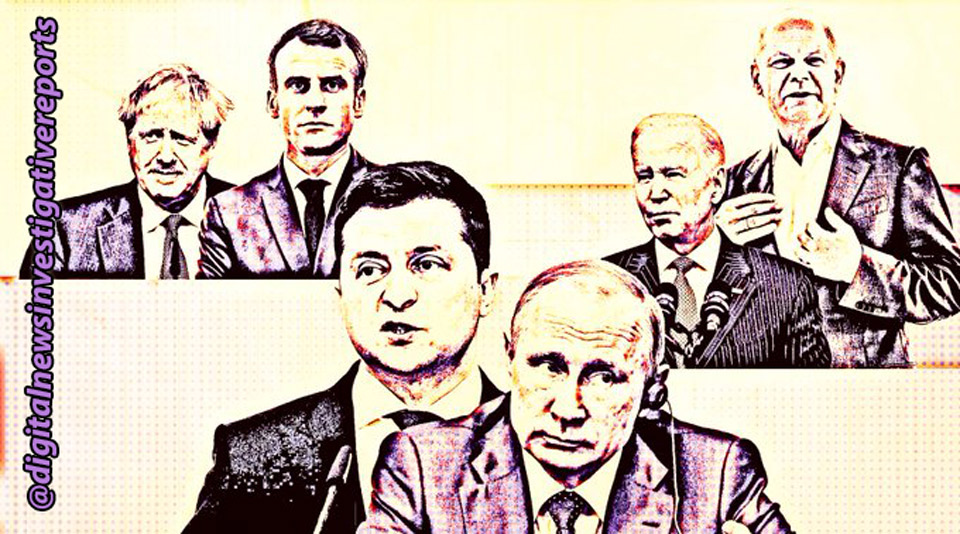 In the midst of the Ukraine invasion and escalating tensions on the Eastern European front, a startling revelation has emerged from a recent report by blockchain analytics firm Elliptic. Cryptocurrency donations to Russian military fundraising groups have surged to an unprecedented $20 million, accounting for nearly 10% of the total funds raised by Ukraine, which amounts to approximately $212 million.
In the midst of the Ukraine invasion and escalating tensions on the Eastern European front, a startling revelation has emerged from a recent report by blockchain analytics firm Elliptic. Cryptocurrency donations to Russian military fundraising groups have surged to an unprecedented $20 million, accounting for nearly 10% of the total funds raised by Ukraine, which amounts to approximately $212 million.
The Elliptic report brings to light the growing adoption of cryptocurrencies as a means of financing military operations and the challenges this presents to global financial security. As the conflict continues, the role of digital currencies in funding military efforts is raising concerns among international authorities.
The $20 million influx of crypto donations to Russian military fundraisers reflects the evolving landscape of modern warfare, where digital assets are increasingly used to facilitate financial transactions and shield donors’ identities. Cryptocurrencies offer a level of anonymity that traditional financial systems do not, making them an attractive option for those seeking to evade detection and scrutiny.
Elliptic’s findings point to the exploitation of decentralized networks and blockchain technology by illicit actors, enabling them to raise substantial sums of money with minimal oversight. The ease and speed of cross-border transactions in cryptocurrencies present a significant challenge for regulatory bodies in tracking and interdicting such illicit financing.
Notably, the report highlights the contrast in fundraising approaches between Russia and Ukraine. While Ukraine’s fundraising efforts rely predominantly on conventional financial channels, Russia’s military groups have leveraged the relative anonymity and accessibility of cryptocurrencies to amass substantial resources quickly.
The escalating conflict in Ukraine and the controversial involvement of private military contractor Wagner Group has further fueled the influx of crypto donations to Russian military groups. The Wagner Revolt, as it has been termed, has attracted both domestic and international contributions, channeling funds through a complex network of crypto wallets and digital exchanges.
The global community and regulatory bodies are now faced with the challenge of developing comprehensive strategies to monitor and regulate crypto transactions to ensure financial systems are not exploited to fund military aggression. As cryptocurrencies continue to gain popularity and adoption worldwide, addressing these challenges becomes all the more critical.
In the ongoing effort to promote international peace and stability, it is imperative that nations collaborate to address the illicit use of cryptocurrencies in funding armed conflicts. The Elliptic report serves as a wake-up call, underscoring the urgent need for robust regulatory measures to prevent the misuse of digital assets for destructive purposes.



